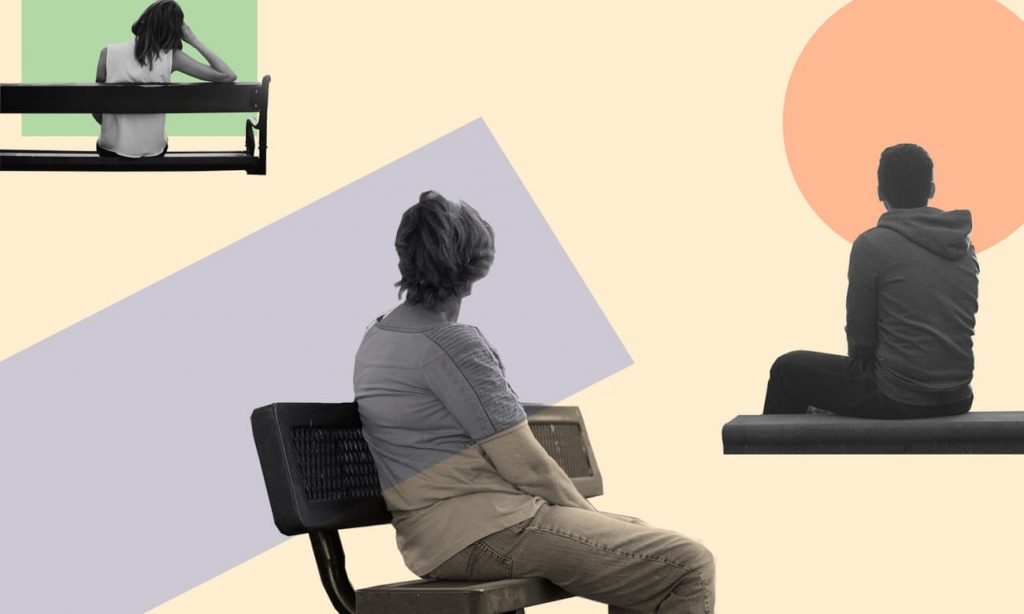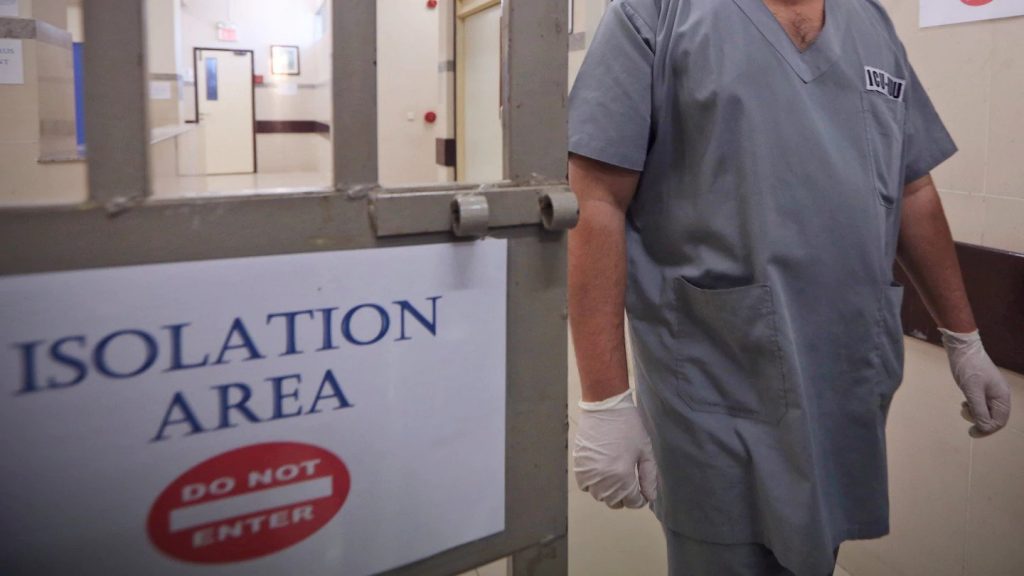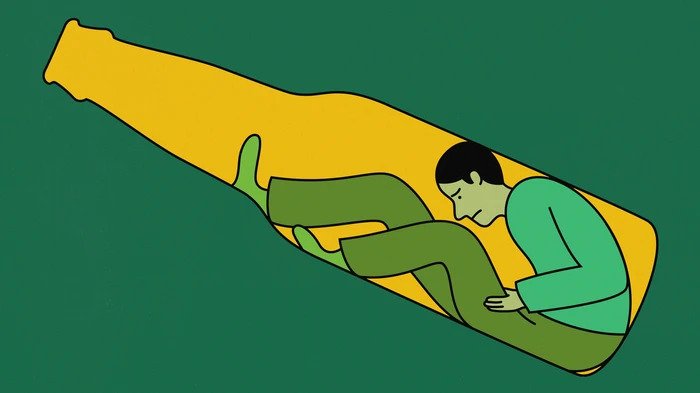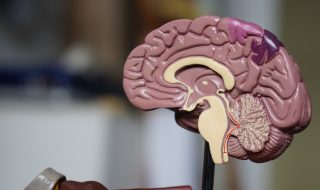
Drug addiction and alcoholism treatment is a too complicated process, so it is difficult to speak of 100% results. Many factors determine the future of an addict: self-motivation, rehabilitation conditions, susceptibility to psychotherapeutic methods, and general rehabilitation potential. It often happens that a person needs to undergo a course of treatment more than once – and this is normal.
Signs of relapse can occur both at an early stage of recovery and after a long period. The essence of relapse is very complex. At different stages of the healing process, completely different patterns of behavior and thinking occur, so it is important to sort yourself out.
Here are some quick tips on how to overcome thoughts of relapse during self-isolation:
- Talk to someone you trust. If you are struggling with thoughts of relapse, it is important to talk to someone you trust, such as a priest, a counselor, or a friend. They can offer support and guidance during this difficult time.
- Pray. Prayer can be a powerful tool for overcoming temptation. Spend time in prayer, asking God for strength and guidance.
- Read scripture. Scripture can provide comfort and encouragement during difficult times. Read passages that speak to you and help you to focus on God’s love for you.
- Practice self-care. Make sure you are taking care of yourself physically, mentally, and emotionally. Eat healthy foods, get enough sleep, and exercise regularly.
- Stay connected with others. Isolation can make it more difficult to resist temptation. Make an effort to stay connected with others, either in person or virtually.
- Seek professional help if needed. If you are struggling to overcome thoughts of relapse, it is important to seek professional help. A therapist can provide you with the support and guidance you need to overcome addiction.
It is important to remember that you are not alone. There are many people who struggle with addiction, and there is help available. With the support of God and others, you can overcome addiction and live a healthy, happy life.

Sometimes it’s hard to understand what is happening. People do not always manage to recognize the process of relapse from the very beginning. Therefore, it is important to talk about your condition with a specialist, a consultant (who can give advice based on personal experience), a support person, a loved one, or look for free addiction help. Even though sometimes such conversations can be very difficult from an emotional point of view, they help a person to cope with relapse.
Causes of relapse
Relapse does not begin instantly. It is a process that can be prevented if you notice it as soon as possible. It is important to develop skills of introspection and understanding of your inner “I.” Sometimes it is crucial to get paid or free drug addiction treatment on time. An addicted person faces several crises, which can be a reason to start using drugs again.
Relapse is caused by a number of factors, including:
- Temptation. Temptation is a normal part of life, and it can be especially difficult to resist when one is struggling with addiction. When one is tempted to relapse, it is important to remember that God is always with them and that He will give them the strength to resist temptation.
- Lack of support. Relapse is often caused by a lack of support from family, friends, and the community. When one is struggling with addiction, it is important to have a strong support system in place. This support system can provide encouragement, guidance, and practical help during difficult times.
- Unhealthy coping mechanisms. People who struggle with addiction often use unhealthy coping mechanisms to deal with stress, anxiety, and other difficult emotions. These unhealthy coping mechanisms can lead to relapse. It is important to find healthy ways to cope with stress and difficult emotions, such as exercise, prayer, and spending time with loved ones.
- Triggers. Triggers are things that can cause a person to relapse, such as certain places, people, or situations. It is important to be aware of one’s triggers and to avoid them as much as possible. If a person does encounter a trigger, it is important to have a plan in place for how to deal with it.
- Untreated mental health conditions. Mental health conditions, such as depression, anxiety, and post-traumatic stress disorder (PTSD), can increase the risk of relapse. If a person is struggling with a mental health condition, it is important to seek treatment. Treatment can help the person to manage their symptoms and reduce the risk of relapse.
Withdrawal syndrome.
Every person who tries to stop using drugs has experienced this at least once in life. This is an intense feeling of discomfort when it hurts and breaks the whole body, as well as trembling/cramping throughout the body. In this situation, insomnia appears, thoughts get confused. It becomes too hard for a person to cope with physical problems; that is why the thought of using drugs seems to be a real salvation. In a hopeless situation, a person can break down and start using drugs again.
Emotional chaos and anxiety.

Sometime after the symptoms of withdrawal syndrome disappear and physical problems recede into the background, the stage of anxiety and negative emotions begins. “Frozen feelings” and sensations rapidly return, and a person can not cope with the influx of such emotions. Everything around causes anger and irritation—the mood changes for no reason, outbursts of anger alternate with feelings of self-pity. Relations with people around are accompanied by tension and negative emotions. When everything is in chaos, people do not understand why sobriety is for them. It often happens that in a state of similar irritation or aggressiveness, a person who is trying to give up drugs starts using them again.
Inability to make decisions.
It seems to addicts that contradictions are tearing them apart. On the one hand, they want to recover and develop personally, and on the other, they constantly remember their past life and try to return to it. Sometimes thoughts on returning to drugs come to mind subconsciously. People start forgetting the despair and helplessness that reigned in their life when they used drugs.
Doubts become a part of a person’s life – should the recovery process continue, or is it better to return to a previous life? Was it that bad before? I’m smarter, so maybe I can keep control of drug use?
These constant doubts and mood swings deplete the person’s internal resources. At some point, everything becomes unbearable, and people just want to escape from reality and forget everything. As a result of painful thirst, they feel that the only way out of the situation is to return to drug use. However, this is a fallacy caused by mental processes.
Self-esteem problems.
By this moment, a person has learned to objectively evaluate external events, the behavior of other people, and adequately perceive their attitude. It’s time to look inside yourself. Several obstacles often arise here. One of the most important of them is a lack of ability to understand oneself, low self-esteem, fear of taking a serious look at one’s inner world. There is a temptation, instead of honest and open communication, to play some roles and wear masks, imagining yourself to be someone else. A person does not talk about his/her internal emotional changes. This can last a long time, however, as a result, people have the feeling that they already know everything, and they no longer need to do recovery.
Reality.
The surrounding reality is constantly changing, and people do not have time to adapt to it. Things do not happen immediately or as quickly as a person wants. The euphoria of sobriety dissipates, stress intensifies, and accompanying feelings of helplessness and powerlessness become unbearable. If during these processes, people retain faith in themselves and their internal resources, they will be able to cope with stress and tension and get out of this crisis.
COVID-19 lockdown.

Self-isolation only doubles the problems, listed above. Lack of communication, financial uncertainty, boredom, unstable daily schedule cause different mental problems, and maybe a reason for relapse. In the worst cases, addicts stop their recovery treatment at the time of the quarantine and can not cope with the problems on their own.
As a result, Americans during COVID-19 self-isolation started eating and drinking more, according to new Morning Consult polling. In particular, millennials affected the most: 33% claimed they started eating more and 25% started using more alcohol.
Meanwhile, during the seven weeks of the quarantine, alcohol sales were up 24.4%. Wine and spirits sales increased at 29.4% and beer sales were up 11.8%.
Where to look for help during the quarantine

In ordinary life, it may be difficult to avoid people, places, and situations in which you used drugs before. But now, when you can’t see people every day, the chances of their bad influence is lower. On the contrary, surround yourself with relatives, real friends, who do not use drugs and do not tempt you to return to old habits again.
It is not that difficult to find free drug addiction help online: there are a lot of anonymous groups online where you can share your emotions and also support people like you.
Now everything works online. People got new habits, changed their working routine. A lot of medical experts post precious advice to help other people in quarantine, so you can not only get a consultation online but also find a free drug guide on the Internet.
Last but not least. If you never called rehab hotlines, it is the right time to try. All the calls are free and confidential but you can still discuss everything that disturbs you. The specialists are experienced and together you will find a solution.





